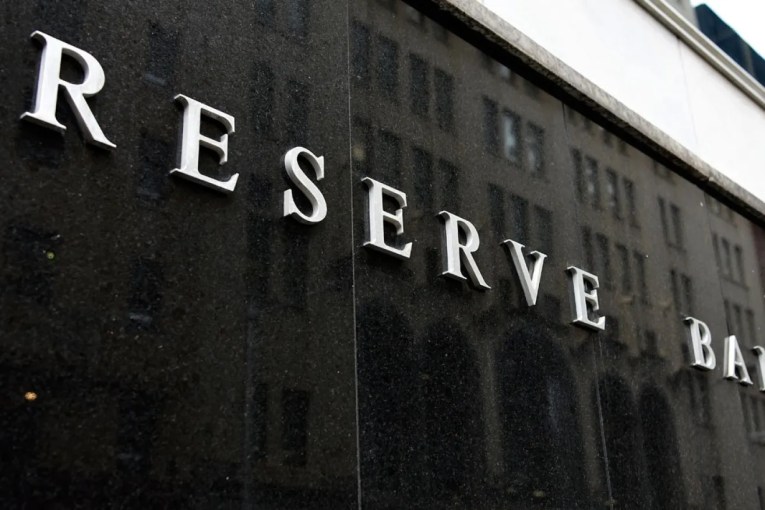Regulatory confusion: What do ASIC and APRA actually do?


Karen Chester said funds buying whole companies could be problematic.
The Productivity Commission was unable to determine the respective responsibilities of financial regulators APRA and ASIC despite it dedicating a full-time staff member to finding out, a finance industry conference has heard.
Commission deputy chair Karen Chester told the Financial Services 2018 summit in Melbourne on Wednesday, that the commission “nearly killed” a staffer “trying to work out exactly who does what between ASIC and APRA”.
Ms Chester also said the commission had “nearly killed three people” trying to bring together the performance data of superannuation funds over 12 years in a way that was compatible and comparable.
“We want better data,” Ms Chester said because without good, comparable data and reporting to regulators and members “accountability goes out the window”, she said.
The commission had also considered the idea of adding a government-owned default superannuation fund, with its recent report calling for the appointment of 10 top funds to act as defaults where workers don’t choose their own fund on joining an employer.
However, inquiries for input on the issue “were met with the sounds of silence”, Ms Chester said.
David Neal, CEO of the Future Fund, whose chairman Peter Costello last year raised the prospect of his fund providing default super, said it was not something the organisation had considered.
“It’s a policy issue for government and not something we have the power to do now,” Mr Neal said.
Andrew Walker, chief operating officer of Westpac’s BT Financial Group, said the commission’s report on default super, which demonstrated a number of funds were underperforming, highlighted an important issue.
“It is something that should have been dealt with years ago. It’s a system under pressure that needs to change,” he said.
APRA deputy chair Helen Rowell told the summit that its stated aim of encouraging mergers between funds to get rid of the problem of small under-performers was not something it had the regulatory power to instigate in most cases.
“We mostly have a very limited role relating to whether or not funds merge. We can influence things to a small degree, but absent the total failure of management … we can’t force mergers,” Ms Rowell said.
The prospect of super funds buying large listed companies also came up for discussion following recent attempts from AustralianSuper and IFM Investors to buy into listed group Healthscope.
Ms Rowell, while not ruling out full takeovers, said “the fiduciary role for trustees” would be an issue in such deals as they would have to consider risk-return implications. Considerations would include whether such deals were driven by potential returns on capital or whether “other reasons” are in play.
APRA would need to know “why they do it and what does it deliver for members”, she said.
ALP shadow treasurer Chris Bowen told the summit that Labor would not deviate from its policy of banning the cashing-out of dividend imputation credits by all investors other than pensioners.
As the population ages, more people would be entitled to cash out franking credits and a system that had originally cost little was now costing the budget $6 billion a year and soon it would be $8 billion, he said.
Labor’s plan to scrap the government’s planned tax cuts would save the budget $39 billion over a decade. Gonski education reforms and the National Disability Insurance Scheme would cost $31 billion and $63 billion respectively over a decade, he said.
The New Daily is owned by Industry Super Holdings








